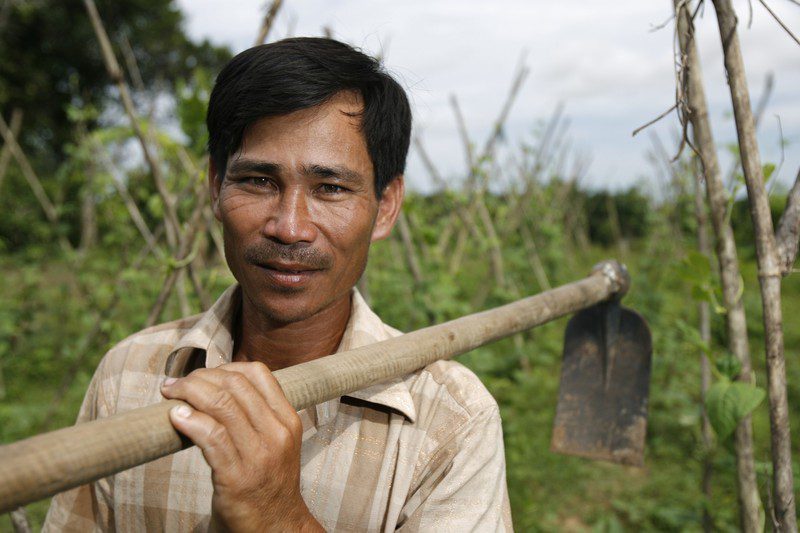Strategic Environmental Assessment: outcomes and recommendation
With nearly 30 million people estimated to be affected by the mainstream projects, the SEA report recommends that decisions on mainstream dams should be deferred for a period of ten years. The report makes this recommendation because:
- as a free-flowing system, the Mekong River plays a critical role in the economic, social, cultural and ecological systems of the four Lower Mekong Countries
- many of the region’s natural systems and resources are already under significant and mounting pressure
- the potential impacts of the mainstream projects are not fully known
- a new approach to development of the Mekong River is needed, that considers the river-dwelling countries and communities within the lower Mekong basin
In addition to the SEA, the Mekong River Commission is for the first time using the Procedures for Notification, Prior Consultation and Agreement (PNPCA) process as part of its overall assessment. The PNPCA was created to ensure that projects along the Mekong consider all trans-boundary issues, in order to protect downstream communities from negative effects arising from dam construction.
Xayaburi is the first dam to have triggered the PNPCA process.
Find out more
- Learn more about the Procedures for Notification, Prior Consultation and Agreement (PNPCA) process
- Learn more about what the Strategic Environmental Assessment (SEA) is
- Read how the SEA believes hydropower dams will impact the region
- Learn more about Mekong mainstream dams
- Read related media on the SEA findings
What is Oxfam doing?
Oxfam Australia has been working in the Mekong region for more than 20 years. We support a network of local and non-government organisations across the six countries in the region, linking grassroots village work with international and regional organisations.
Oxfam is an active member of global campaigning group Save the Mekong Coalition. We’re taking action by writing to the Australian Government, a member donor of the Mekong River Commission.
We’re also ensuring that communities know their rights regarding major development decisions that affect their environment and their access to the Mekong’s vital resources.
